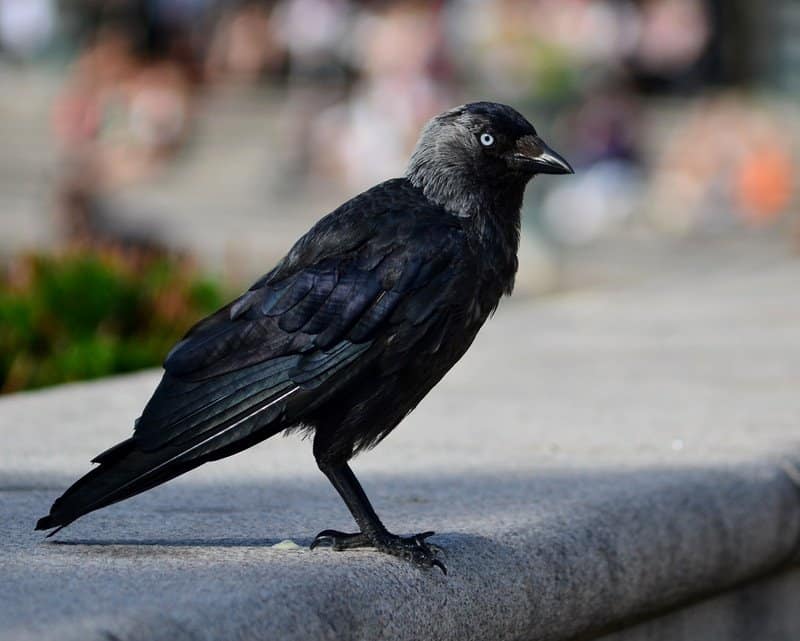Three great stories we found on the internet this week.
Follow the money
District attorneys accepting money from police unions and then prosecuting cases that involve those same cops is a conflict of interest — or at least, so says SB710. The groundbreaking law, introduced in the California legislature in February 2021, would require D.A.s who have taken contributions from police to recuse themselves from cases involving them.
SB710 was passed by the State Senate in June. But a full year after its introduction, as Black Voice News reports, the bill remains mired in the State Assembly, where legislators are (supposedly) working out the kinks before bringing it up for a vote. Supporters say the first-of-its-kind legislation would set a legal precedent other states could adopt, and could mitigate bias in the system that leads to police rarely being convicted of crimes.
Not surprisingly, the District Attorneys Association opposes the law. But with D.A.s in several California counties up for election this year, it may find renewed focus. “Close relationships between district attorneys’ offices and the police has led criminologists, those who advocate for civil liberties, legislators, as well as families of those killed and injured by police, to call for an end to this conflict of interest,” writes the author.
Natural remedies
“There is almost no medical condition that nature doesn’t make better,” said Melissa Lem, director of Canada’s “PaRx” initiative. Now, doctors can turn that truism into a prescription.

Starting this month, physicians in four Canadian provinces — British Columbia, Ontario, Saskatchewan and Manitoba — can prescribe free passes to national parks for their patients. The $72 passes will be paid for through PaRx, and can be prescribed at doctors’ discretion, though the program recommends that doctors prioritize low-income patients who live near national parks. The goal is to help patients reap the health benefits of Canada’s spectacular natural areas by allowing them to visit regularly, rather than just on rare occasions. Citing clinical health studies into nature’s health benefits, the program recommends about two hours a week in nature, for at least 20 minutes at a time.
“Rediscovering nature and then realizing how important it is to us has really underlined that nature-health connection,” said Lem.
Something to crow about
Don’t ask us how they calculate it, but the Keep Sweden Tidy foundation estimates that 62 percent of the country’s litter comes from discarded cigarette butts. Luckily, that’s exactly the type of trash birds tend to pick up with their beaks — which has led to a delightfully whimsical startup known as Corvid Cleaning.

The company, based in the city of Södertälje, trains crows to pick up the cigarette butts and place them in specially designed receptacles. For each butt deposited, the birds get a little treat. “They are wild birds taking part on a voluntary basis,” said the company’s founder, estimating that his method is 75 percent cheaper than conventional tidying practices. The project will remain in the pilot phase until it can be established that the work doesn’t harm the birds’ health. Assuming it doesn’t, it may be rolled out citywide.
“We can teach crows to pick up cigarette butts, but we can’t teach people not to throw them on the ground,” said one waste specialist. “That’s an interesting thought.”










